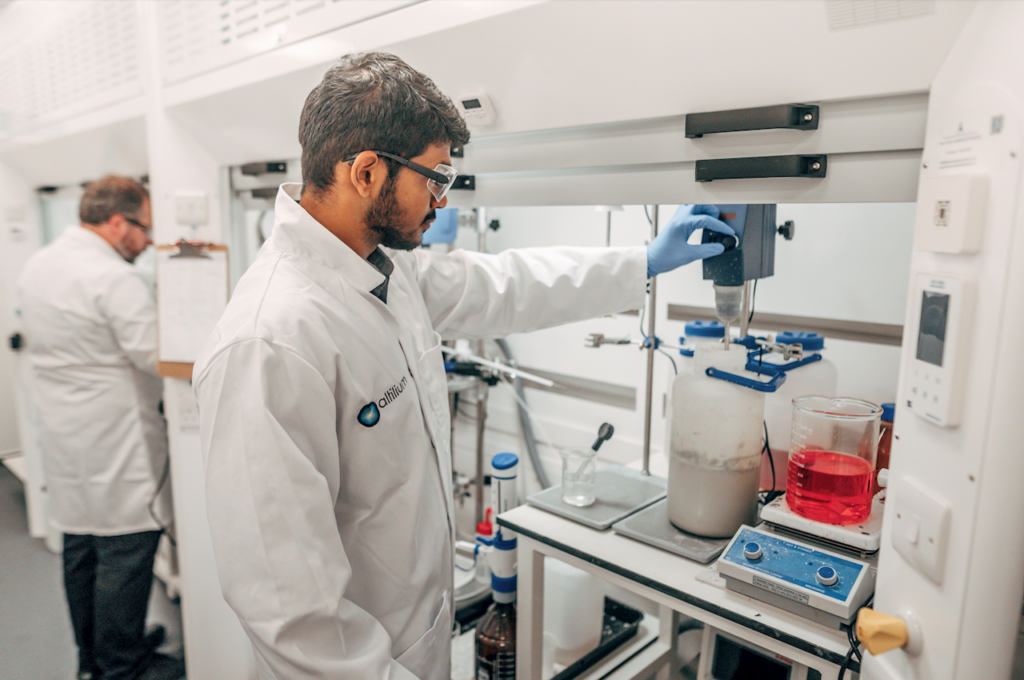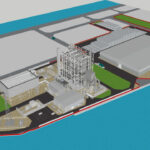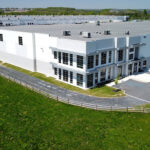ASIA ELECTRONICS INDUSTRYYOUR WINDOW TO SMART MANUFACTURING
ABB, Altilium Eyes Automation, Recycling in Plants
ABB has signed a Memorandum of Understanding (MoU) agreement with UK-based clean technology group Altilium. The agreement aims joint exploration of integration of automation, electrification, and digital technologies in plants across Europe. Particularly, in supporting the scaling up of battery materials recycling.
Altilium is developing green processing technologies and building infrastructure at scale for the recycling of metals and electric vehicle (EV) battery waste. Most importantly, to ensure a domestic supply chain of low-carbon battery materials for the automotive industry.

Manufacturing Digital Applications
ABB will introduce the design and delivery of control systems equipment and solutions. Particularly, it will focus on the distribution and management of electrical power for Altilium’s UK pilot battery recycling scheme. This will produce battery-ready cathode active material (CAM) from used EV batteries.
The global technology leader will also explore the use of its ABB Manufacturing Operations Management (MOM) and Manufacturing Execution System (MES) digital applications. For that reason, integrated automation standardizes and optimizes processes with intuitive interfaces and edge data collection.
The two companies plan to extend their work into commercial plants. This includes the retrofit of Altilium’s European Solvent Extraction-Electrowinning (SX-EW) facility in Eastern Europe, which will start processing battery waste in 2024. In addition, the development of a planned UK plant in Teesside from 2026 that will create 20 percent of the country’s required CAM, making it one of the largest projects in the region.
“Teaming up with ABB aligns perfectly with our commitment to redefine battery recycling for clean energy transportation,” said Dr Christian Marston of Altilium. Furthermore, Martson said, “This is just the beginning of our journey toward closing the loop in battery manufacturing and decarbonizing automotive supply chains.”
Meanwhile, Staffan Sodergard, Global Product Line Manager for Battery Manufacturing, ABB, said, “By combining our expertise in automated control systems, electrification and digital technology with Altilium’s approach to battery recycling … this is an important agreement in the vital and growing field of battery recycling, where ABB continues to build expertise with ambitious battery industry customers and partners.”
Bats for Reliable, Sustainable Supply
World Economic Forum figures show the demand for batteries will increase 14-fold by 2030 due to the adoption of electric vehicles. Hence, as these batteries reach end-of-life, recycling is critical to ensure a reliable and sustainable supply of critical minerals.
ABB’s technology and approach will allow Altilium to speed up its time to market, supporting the provision of scalable solutions as the company expands its operations. Moreover, will significantly reduce the carbon footprint of EV batteries, aligning with both companies’ commitment to a greener future. This is the latest example of how ABB does recycling.
Altilium opened its EV Battery Recycling Technology Centre in Devon in 2022. Presently, this is the only one in the United Kingdom producing CAM recovered from EV battery waste. Its first European plant will recycle battery waste from over 24,000 vehicles a year. Meanwhile, the UK facility will process waste from over 150,000 EVs per year, producing 30,000 metric tons of CAM.




